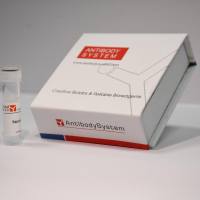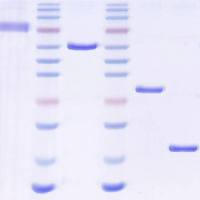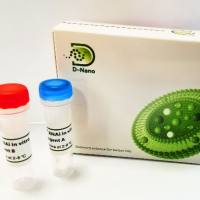In Vitro and In Vivo Interactions of Nonpathogenic Bacteria With Immunocompetent Cells
互联网
543
The intestinal microbiota is a postnatally acquired organ that is composed of a large diversity of bacterial genera and species and has an influence on the physiology of the host, both locally at the intestine and systemically. They perform important functions for the host and can, in turn, be modulated by environmental factors such as nutrition. Specific components of the intestinal microflora, including Lactobacilli and Bifidobacteria , have been associated with beneficial effects on the host, such as promotion of gut maturation and integrity, antagonisms against pathogens, and immune modulation. Beyond this, the microflora seems to play a significant role in the maintenance of intestinal immune homeostasis and prevention of inflammation. To date, the contribution of the intestinal epithelial cell in the first-line defense against pathogenic bacteria and microbial antigens has been recognized. However, the interactions of intestinal epithelial cells with commensal bacteria are less understood. This chapter intends to summarize some methods that can be used to understand the cellular and molecular mechanisms underlying bacterial modulation of the innate immune response of the host and their contribution to the homeostasis of the immune function.









